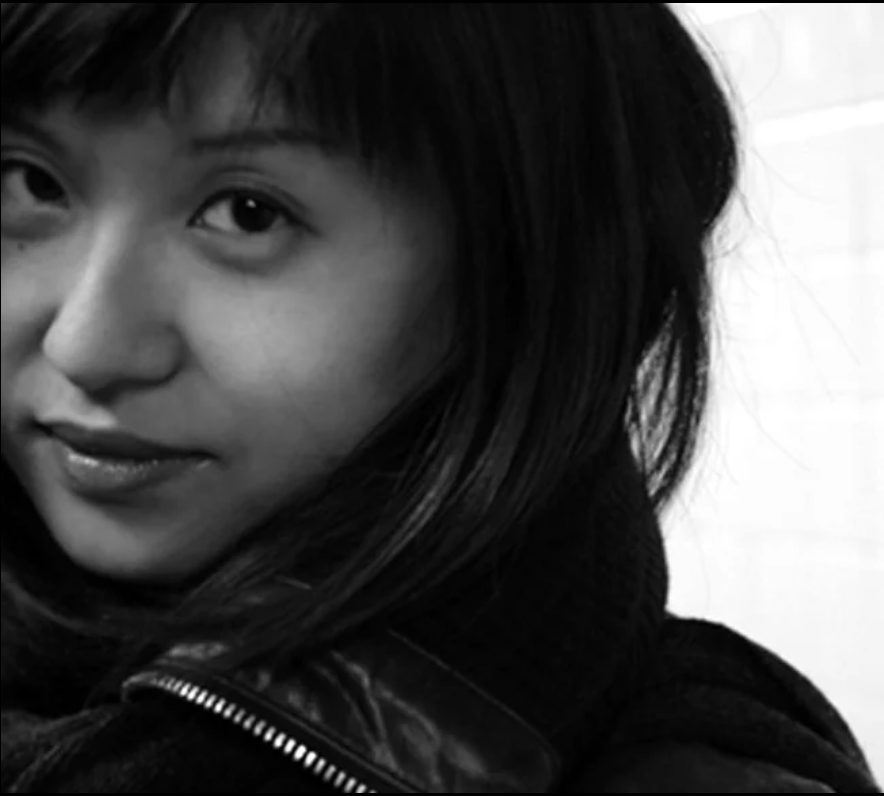MFA, New York University. MFA, Ewha Women's University (Korea). Born and raised in Korea, Jung is a New York-based set designer whose design has been acclaimed as “innovative,” “inventive,” “genius,” and “spectacular” by major press such as The New York Times, Los Angeles Times, Time Out, and many others. Her theatre work has been in numerous downtown New York City theatres—including Classic Stage Company, ART/NY, The Kitchen, The Bushwick Starr, The Flea, Abrons Arts Center, Theater Row, and Soho Rep—as well as outside of New York City and in Venezuela, Cuba, Puerto Rico, Korea, and Los Angeles. Her opera work has been in Long Beach Opera (CA), Lincoln Center Juilliard School, Huntington Theatre (Boston), among many venues. Jung received the 2015 Edith Lutyens & Norman Bel Geddes Design Enhancement Award and was nominated for the 2019 Henry Hewes Design Award. Her design in Venezuela was presented at Prague Quadrennial 2015, the world’s largest scenography exhibition. SLC, 2020–
Undergraduate Courses 2024-2025
Theatre
Scenography Lab
Open, Component—Year
THEA 5588
Students will learn how to look at the world with fresh eyes and how to use imagination to create a theatrical world on stage. The class covers the fundamental ideas of scenic design and basic design technique, such as research, drawing, and scale-model making. We will start from small exercise projects and complete a final design project at the end. This class designs the program semester projects. Students will present most of the projects to the class, followed by questions and comments from fellow students. Presentation and critique skills are important in this course. Students with no experience but interested in other aspects of theatre making, as well as in visual arts or architecture, will be able to learn from the basics.
Faculty
Graduate Courses 2024-2025
MFA Theatre
Scenography Lab
Component—Year
5588
Students will learn how to look at the world with fresh eyes and how to use imagination to create a theatrical world on stage. The class covers the fundamental ideas of scenic design and basic design technique, such as research, drawing, and scale-model making. We will start from small exercise projects and complete a final design project at the end. This class designs the program semester projects. Students will present most of the projects to the class, followed by questions and comments from fellow students. Presentation and critique skills are important in this course. Students with no experience but interested in other aspects of theatre making, as well as in visual arts or architecture, will be able to learn from the basics.
Faculty
Previous Courses
Theatre
Scenography I
Open, Component—Year
This course is an introduction to theatrical scenic design. Students will learn how to look at the world with fresh eyes and use imagination to create a theatrical world on stage. The course covers the fundamental ideas of scenic design and basic design technique, such as research, drawing, and scale-model making. We will start from small exercise projects and complete a final design project at the end. Students will present most of their projects to the class, followed by questions and comments from fellow students. Presentation and critique skills are important in this course. Students with no experience who are interested in other aspects of theatre making, as well as visual arts or architecture, will be able to learn from the basics.
Faculty
Scenography Projects
Open, Component—Year
This is a conference class in support of SLC productions of semester projects. The instructor will mentor and guide the student through the design and production process. We will set up weekly meetings during production. Crew call and tech visits will also be arranged on a per-project basis. The class is open to students who have taken Scenography I, have scenic design experience, or have instructor approval.
Faculty
MFA Theatre
Scenography II
Component—Year
This course is advanced training in scenic design. Students apply knowledge and skills from Scenography I to complete design projects through extensive and detailed processes. Students will also learn the production process with examples of department productions. Students are required to present most of the projects to the class, followed by questions and comments from the fellow students.
